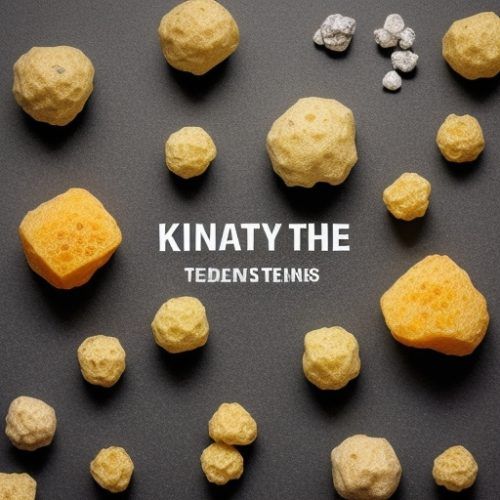The Link Between 11 Foods and Drinks and Kidney Stones
Kidney stones are a common and painful condition affecting millions of people worldwide. These small, hard mineral deposits can form in the kidneys and cause excruciating pain when they pass through the urinary tract. While there are various factors that contribute to the development of kidney stones, one significant aspect is diet. Certain foods and drinks have been linked to an increased risk of kidney stones, making it essential to be mindful of what we consume to prevent this painful condition.
1. Sodium
Consuming high levels of sodium can increase the risk of kidney stones. Excess sodium in the body can lead to an imbalance of minerals, including calcium, which can contribute to the formation of kidney stones. It’s important to limit the intake of salty foods and processed meals to reduce the risk of developing kidney stones.
2. Sugar-sweetened drinks
Drinks that are high in sugar, such as soda and fruit juice, can also be a contributing factor to kidney stones. The high sugar content can lead to an increase in kidney stone formation. Opting for water or unsweetened beverages can help lower the risk of developing kidney stones.
3. Red meat
A diet high in red meat, particularly processed meats, has been associated with an increased risk of kidney stones. Red meat contains high levels of certain compounds that can promote the formation of kidney stones. It’s advisable to moderate the consumption of red meat and opt for leaner protein sources.
4. Oxalate-rich foods
Certain foods that are high in oxalate, such as spinach, beets, and nuts, have been linked to kidney stones. Oxalate can bind with calcium in the urine, leading to the formation of crystals that can develop into kidney stones. While these foods offer health benefits, moderation is key to prevent kidney stone formation.
5. Caffeine
Excessive consumption of caffeine, found in coffee, tea, and energy drinks, can increase the risk of kidney stones. Caffeine can lead to dehydration, which can result in the concentration of minerals in the urine and the formation of kidney stones. Moderation in caffeine intake and adequate hydration are crucial in preventing kidney stones.
6. Alcohol
Alcohol consumption, especially in excess, can contribute to the development of kidney stones. Alcohol can lead to dehydration, which can increase the concentration of minerals in the urine and promote the formation of kidney stones. Limiting alcohol intake and staying hydrated are important in reducing the risk of kidney stones.
7. High-oxalate beverages
In addition to oxalate-rich foods, certain beverages can also be high in oxalate content, such as beer and black tea. Consuming these beverages excessively can lead to the accumulation of oxalate in the urine, potentially increasing the risk of kidney stones. Moderation and balance are key in preventing this condition.
8. Processed foods
Processed foods, including snacks, frozen meals, and fast food, are often high in sodium, sugar, and unhealthy fats, which can contribute to the development of kidney stones. These foods lack essential nutrients and can lead to imbalances in the body that promote kidney stone formation. Choosing whole, unprocessed foods is essential for kidney stone prevention.
9. Vitamin C supplements
While vitamin C is essential for overall health, excessive intake of vitamin C supplements can increase the risk of kidney stones. Vitamin C is metabolized into oxalate in the body, which can contribute to the formation of kidney stones. It’s advisable to consult a healthcare provider before starting any new supplements to prevent complications.
10. High-protein diets
Diets high in protein, particularly animal protein, can also be linked to kidney stones. Protein metabolism can lead to the production of certain substances that promote kidney stone formation. It’s crucial to maintain a balanced diet that includes a variety of nutrient-dense foods to reduce the risk of developing kidney stones.
11. Calcium supplements
While calcium is essential for bone health, excessive intake of calcium supplements can increase the risk of kidney stones. High levels of calcium in the urine can lead to the formation of stones. It’s important to consult a healthcare provider before starting any new supplements and to ensure that calcium intake is within the recommended limits.

